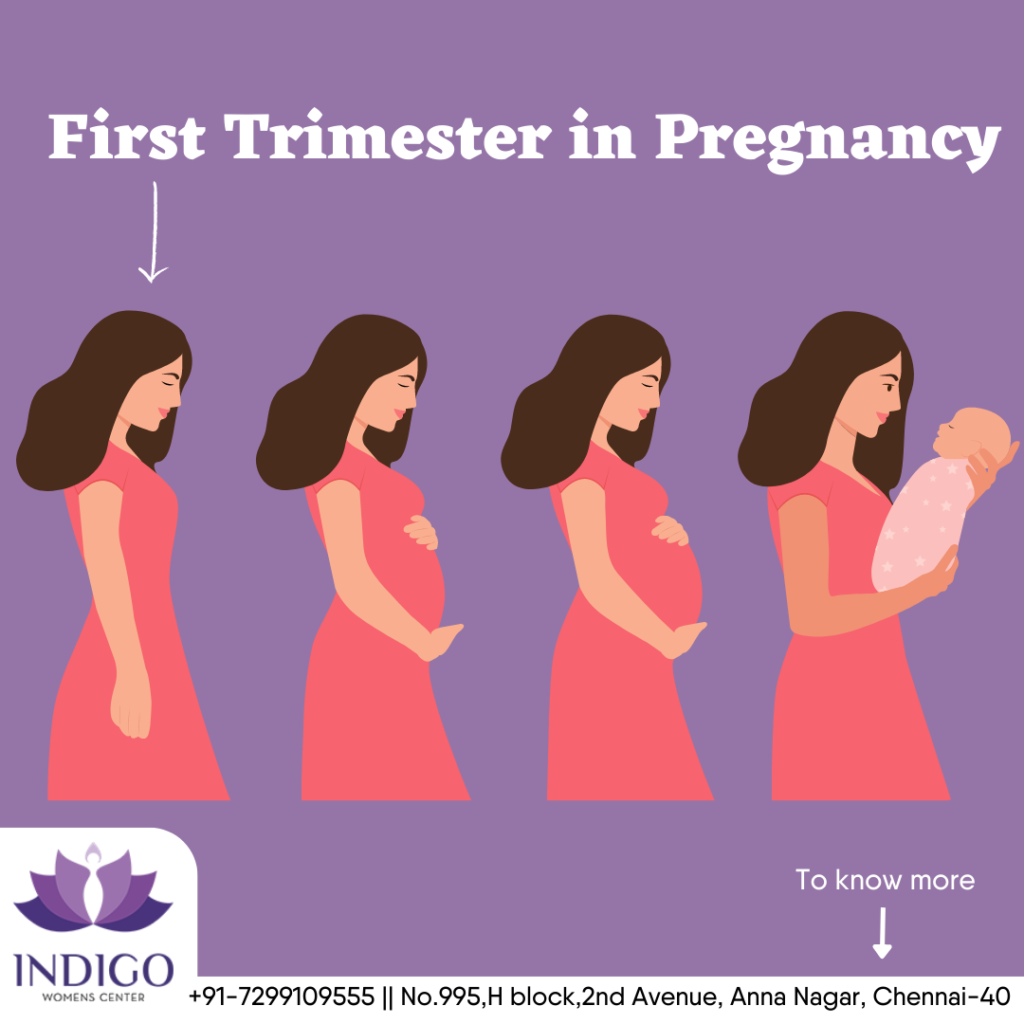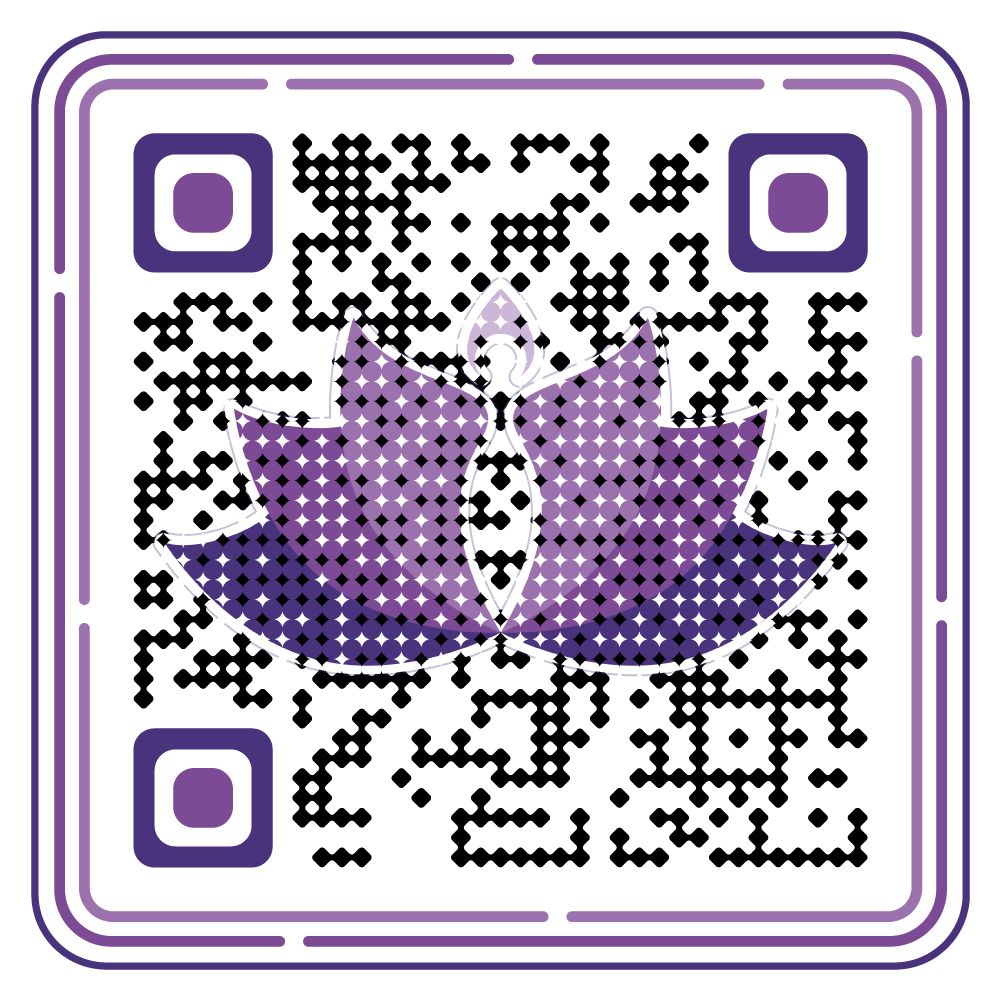FIRST TRIMESTER SCREENING IN PREGNANCY.
Nearly 3% of newborns have major congenital anomalies. Usually genetic factors are responsible. Chromosomal abnormalities are observed in majority of all first trimester miscarriages and about 5% of all stillborns. The etiological factors maybe;
- Chromosomal abnormalities.
- Single gene disorders.
- Polygenic or multifactorial disorders.
- Teratogenic disorders due to exposure to exogenous factors (drugs).
Prenatal genetic counselling, screening and diagnosis are done to evaluate a
fetus with risk of chromosomal, genetic abnormality or a structural anomaly.
Women’s or couple’s risk assessment for having a baby with increased risk of
genetic disease should be done based on the ethnicity, race, personal (age,
drug history) or family history. Noninvasive prenatal screening for aneuploidy
or neural tube defects is offered to all women regardless of age.
Screening method:
Screening parameters are;
- Biophysical – ultrasound measurement of nuchal translucency (NT),
Nasal bone. - Biochemical – free B-HCG, PAPP-A (pregnancy associated plasma protein
A).
Time of test – between 11 and 14 weeks.
Values : PAPP – A – reduced, B-HCG – increased, NT – measurement increased
in trisomy 21.
NT is the fluid filled space between the fetal skin and the underluing soft tissue
at the region of the fetal neck. NT > 3mm is abnormal. First trimester screening
is either equal or even superior to second trimester screening.
Advantages : Once a woman is screen positive, diagnostic tests can be done
early. A targeted ultrasound examination during the second trimester and fetal
echocardiography are to be done when the NT is > 3mm.
Screen positive woman are offered fetal karyotyping. Fetal tissues are obtained
for confirmation of diagnosis. The procedures maybe invasive or non invasive.
Invasive procedures. Chorionic villus sampling (CVS): It is carried out transcervically between 10 and 13 weeks and transabdominal from 10 weeks to term. Diagnosis can be obtained by 24 hours, and as such if termination is considered it can be done in the first trimester safely. A few villi are collected from the chorion-frondosum under ultrasound guidance with the help of a long malleable polyethylene catheter with a metal obturator introduced transcervically along the extraovular space. The obturator is then withdrawn. About 15—25 mg of villi are aspirated in a 20ml syringe creating a negative pressure. The tissues are obtained in a tissue culture media within the syringe; complications – fetal loss, oro mandibular limb deformities or vaginal bleeding. CVS performed between 10 and 13 weeks of gestation is safe and accurate as that of amniocentesis. This procedure is of low risk, technically easier and cytogenetic results are obtained within 24-48 hours. TC-CVS is avoided in cases with cervical myoma, acutely angulated uterus, uterine malformations or in the presence of infections such as genital herpes or cervicitis or in the presence of vaginal bleeding. Anti D immunoglobulin 50ug IM should be administered following the procedure to a Rh negative mother. Structural chromosomal abnormalities (translocations, inversions, mutations) can be detected by fluorescence insitu hybridisation (FISH). Chromosome specific probes can be used to detect the unknown DNA. Amniocentesis: Genetic amniocentesis is an invasive procedure. It is performed after 15 weeks under ultrasonographic guidance. The fetal cells obtained in this procedure are subjected to cytogenetic analysis. Early amniocentesis has been carried out at 12-14 weeks of gestation. Amnifiltration has been used to increase the cell yield. Genetic amniocentesis before 13 weeks is not recommended. Cordocentesis: Percutaneous umblical blood sampling. Umblical vein is preferred. Advantages- vein is larger in size, causes less bradycardia, less haemorrhage. 0.5-2ml of f





